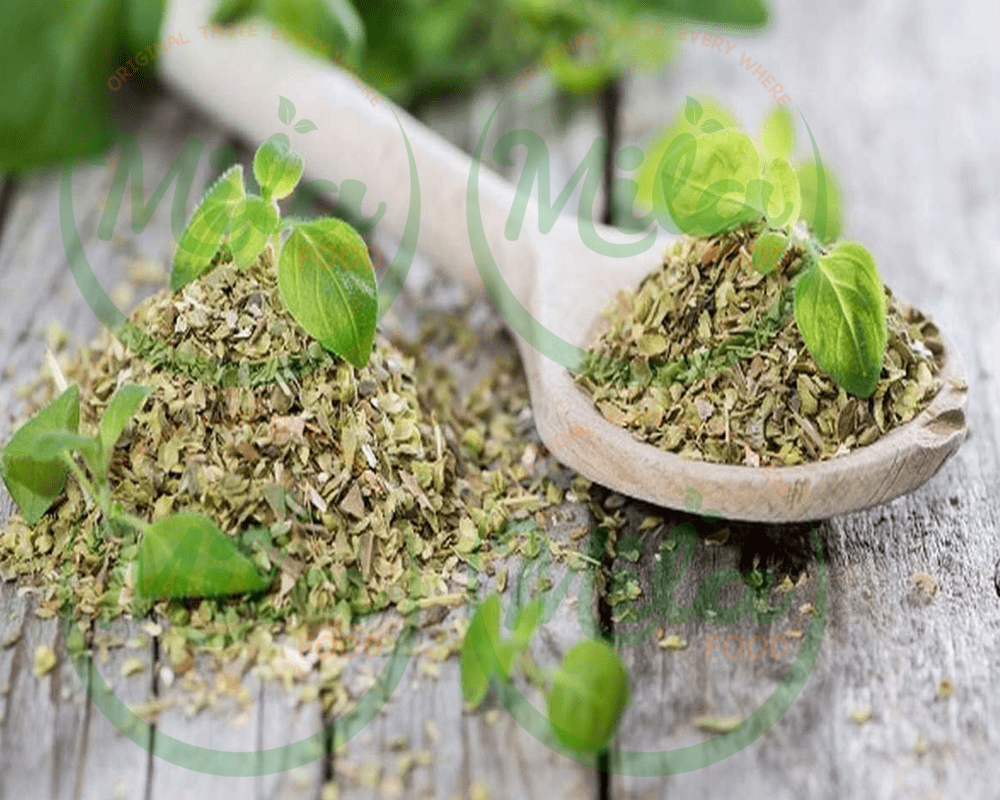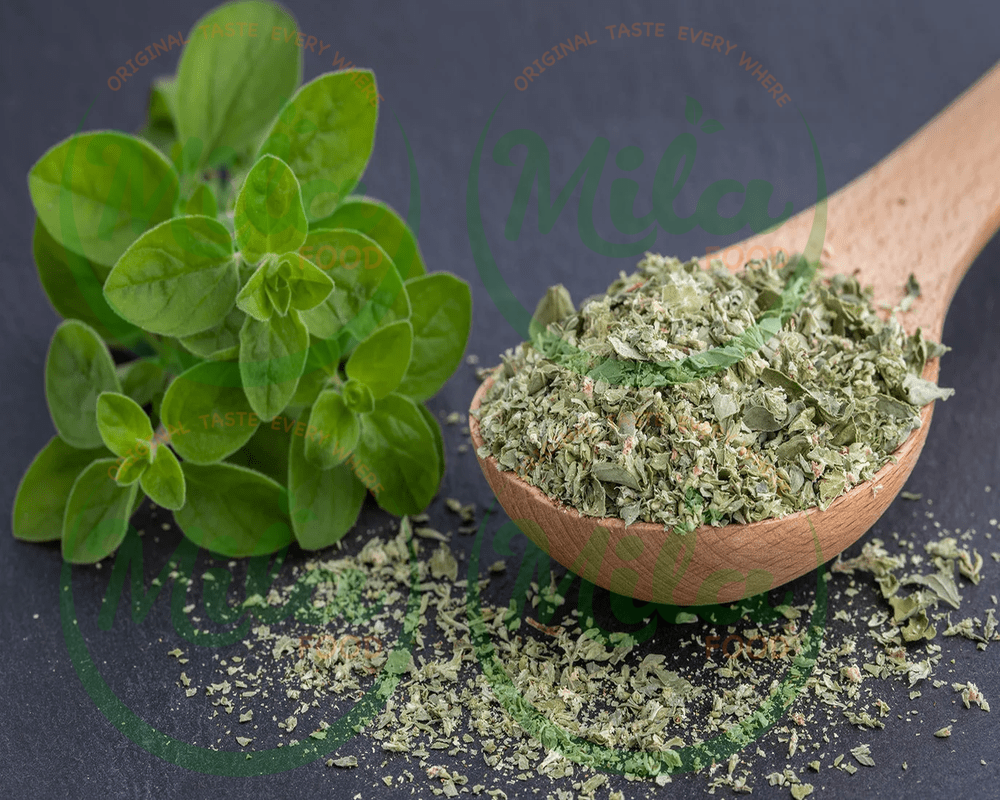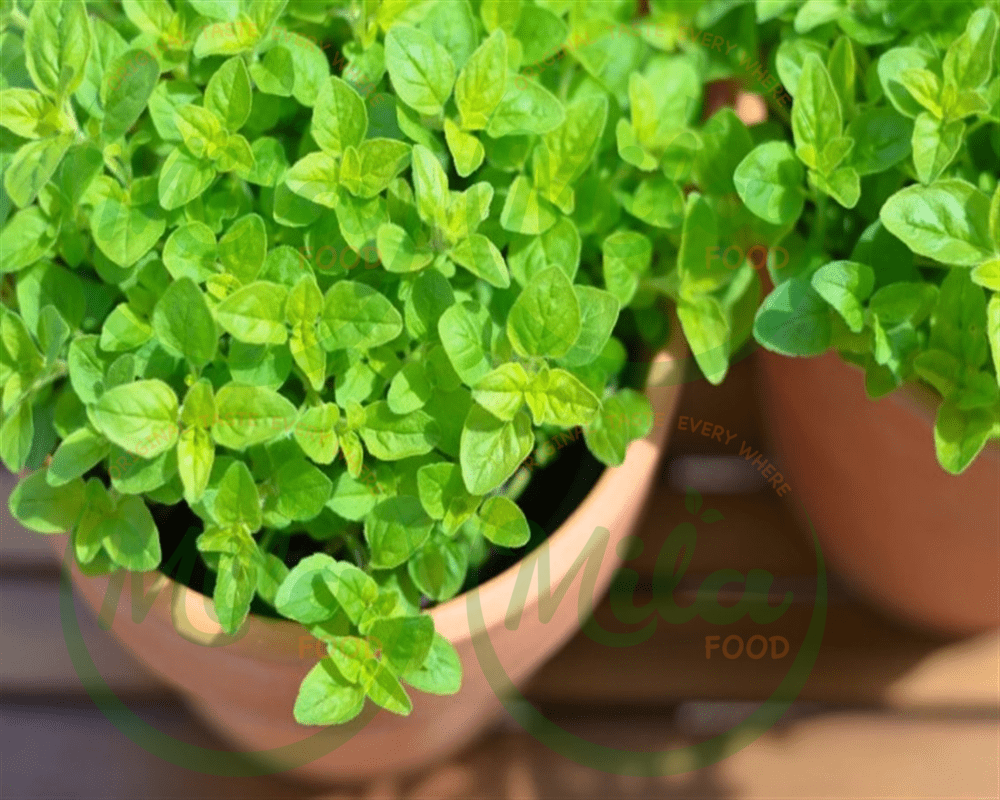


Egyptian marjoram, where subtle sweetness and aromatic allure combine to create a culinary symphony. With its rich history and versatile flavor, marjoram has been cherished in Egyptian cuisine for centuries, adding depth and complexity to dishes both ancient and modern. Join us as we uncover the captivating story, culinary uses, and nutritional benefits of this beloved herb.
History and Origins: Egyptian marjoram, scientifically known as Origanum majorana, boasts a heritage steeped in ancient traditions. Originating in the Mediterranean region, marjoram has been cultivated and revered in Egypt since antiquity. References to marjoram can be found in ancient Egyptian texts and herbal remedies, highlighting its significance in culinary practices and medicinal applications. Today, Egyptian marjoram continues to flourish in the fertile soil of the Nile Delta, embodying a legacy of culinary excellence and cultural heritage.
Appearance and Flavor Profile: Characterized by delicate green leaves and tiny white flowers, Egyptian marjoram exudes a subtle yet distinctive aroma reminiscent of sweet pine and citrus. Its flavor is a harmonious blend of floral notes with hints of mint and oregano, lending a gentle warmth and complexity to dishes. Whether used fresh or dried, marjoram infuses culinary creations with its unique essence, elevating flavors with its nuanced profile.
Culinary Uses and Applications: Egyptian marjoram is prized for its culinary versatility, imparting a subtle sweetness and depth of flavor to a wide range of dishes. The tender leaves are commonly used as a seasoning for meats, poultry, and vegetables, adding a touch of warmth and complexity to marinades, rubs, and sauces. Additionally, marjoram pairs beautifully with tomatoes, beans, and grains, enhancing the natural sweetness and richness of these ingredients. Whether incorporated into savory dishes or infused into teas and infusions, Egyptian marjoram elevates the culinary experience with its delicate yet distinctive flavor.
Nutritional Benefits: Beyond its culinary charm, Egyptian marjoram offers a wealth of nutritional benefits. It is rich in vitamins and minerals, including vitamin K, vitamin A, calcium, and iron, which support bone health, vision, and overall well-being. Additionally, marjoram contains potent antioxidants and anti-inflammatory compounds that may promote heart health, digestion, and immune function. Incorporating Egyptian marjoram into your diet not only enhances flavor but also nourishes your body with essential nutrients and health-promoting properties.
Cultivation and Sustainability: Egyptian marjoram thrives in the sunny, temperate climate of Egypt, where it is cultivated using sustainable agricultural practices. Traditional farming methods ensure the preservation of soil fertility and biodiversity, allowing this cherished herb to flourish for generations to come. Whether grown in home gardens or on family farms, Egyptian marjoram reflects a deep respect for the land and a commitment to sustainable stewardship.

